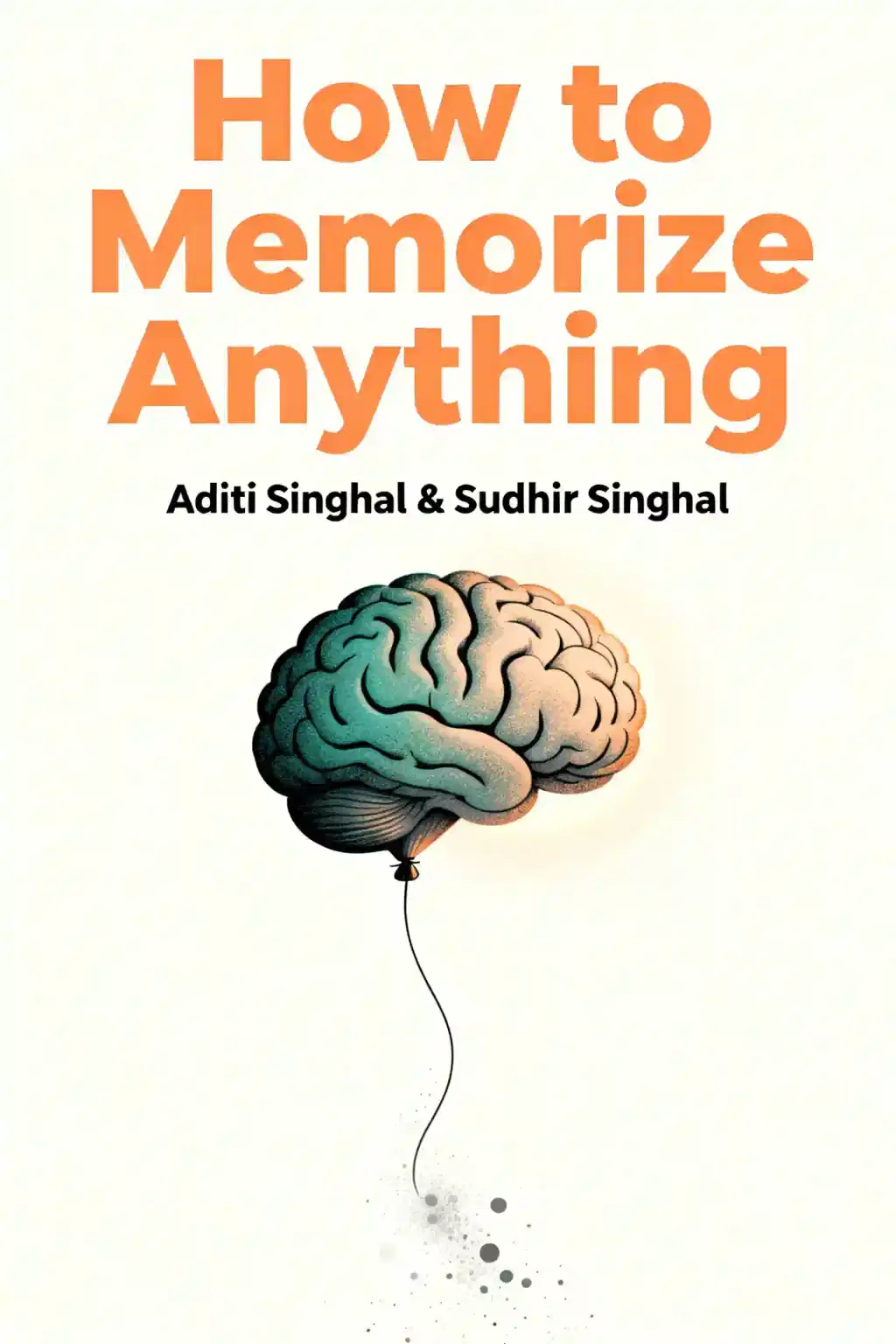What is
Life Leverage by Rob Moore about?
Life Leverage by Rob Moore teaches strategies to optimize time, productivity, and resources for a balanced, fulfilling life. It emphasizes outsourcing tasks, automating processes, and focusing on high-value activities to achieve financial freedom and a flexible lifestyle. Key themes include merging passion with profession, leveraging technology, and minimizing wasted effort.
Who should read
Life Leverage by Rob Moore?
Entrepreneurs, professionals seeking work-life balance, and anyone aiming to maximize productivity while reducing stress will benefit. The book is ideal for those wanting to outsource non-essential tasks, build passive income, or transition to a location-independent lifestyle.
Is
Life Leverage by Rob Moore worth reading?
Yes, particularly for readers interested in practical time-management and wealth-building strategies. Endorsed by Brian Tracy, it offers actionable steps to “get more done in less time” and create a mobile, purpose-driven lifestyle. The emphasis on outsourcing and automation makes it a modern productivity guide.
How does
Life Leverage suggest outsourcing tasks?
Rob Moore advocates delegating low-value activities (e.g., administrative work) to virtual assistants or automated tools, freeing time for high-impact goals. He provides frameworks for identifying tasks to outsource and building systems to maintain efficiency without micromanaging.
What are the key takeaways from
Life Leverage?
- Focus on strengths: Delegate weaknesses.
- Automate systems: Use technology for repetitive tasks.
- Global mobility: Design a location-independent career.
- Merge passion and profit: Align work with personal purpose.
- Leverage networks: Build partnerships to scale impact.
How does
Life Leverage address work-life balance?
The book promotes “time arbitrage”—reallocating hours saved through outsourcing to pursuits like family, hobbies, or travel. Moore argues that balancing work and life requires intentional prioritization, not just time management.
What critiques exist about
Life Leverage?
Some may find its heavy reliance on outsourcing unrealistic for those without startup capital. Critics might argue it oversimplifies entrepreneurship challenges, though Moore counters with examples of scalable, low-cost tech strategies.
How does
Life Leverage compare to
The 4-Hour Workweek?
Both books advocate outsourcing and lifestyle design, but Life Leverage adds modern tech-centric strategies (e.g., digital automation) and emphasizes purpose-driven goals over purely financial targets. Moore’s approach is more structured for post-pandemic remote work trends.
What are Rob Moore’s “fast-start wealth strategies”?
These include monetizing expertise through online courses, affiliate marketing, and niche digital products. Moore emphasizes leveraging existing platforms (e.g., social media) to rapidly scale income with minimal upfront investment.
How does
Life Leverage redefine success?
Success is framed as achieving “clarity and purpose” rather than mere financial gain. Moore stresses measuring success by freedom, flexibility, and the ability to contribute meaningfully while enjoying life.
Can
Life Leverage help with career transitions?
Yes—its frameworks help readers identify transferable skills, outsource transitional tasks (e.g., resume writing), and build side hustles into full-time ventures. Case studies show strategies for pivoting careers without income loss.
Why is
Life Leverage relevant in 2025?
With remote work and AI tools becoming mainstream, the book’s emphasis on digital automation, global mobility, and passive income aligns with current trends. It addresses modern challenges like burnout and gig economy navigation.















